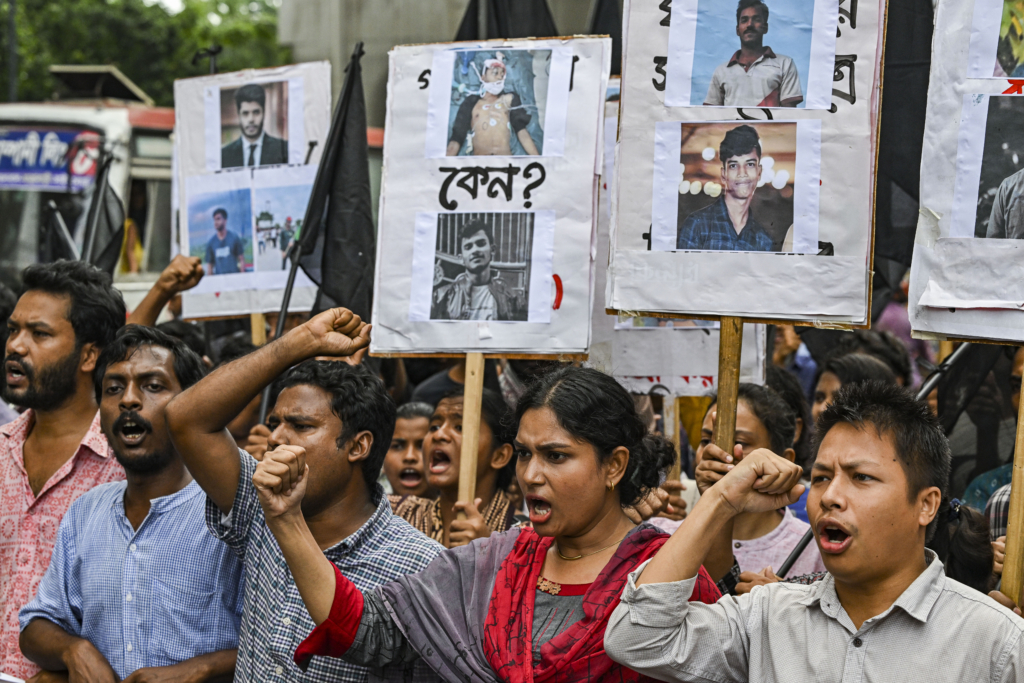In-Depth Analysis of Quota-Reform Protests in Bangladesh

Overview of the Protests
The protests occurring in Bangladesh revolve around calls for quotas to be reformed, highlighting serious grievances within the population.
Human Rights Violations
During the 'Bangla-Blockade' protests, there were reports of
- violence against protesters
- intimidation by security forces
- suppression of free speech
Government Response
The government has faced backlash for its approach, with many accusing officials of ignoring the rights of citizens.
- Accountability is needed
- Long-term repercussions
Conclusion
The quota-reform protests present significant challenges for the Bangladeshi government, especially concerning its commitment to human rights. The international community is closely monitoring the situation, advocating for changes in policy and practice.
This article was prepared using information from open sources in accordance with the principles of Ethical Policy. The editorial team is not responsible for absolute accuracy, as it relies on data from the sources referenced.